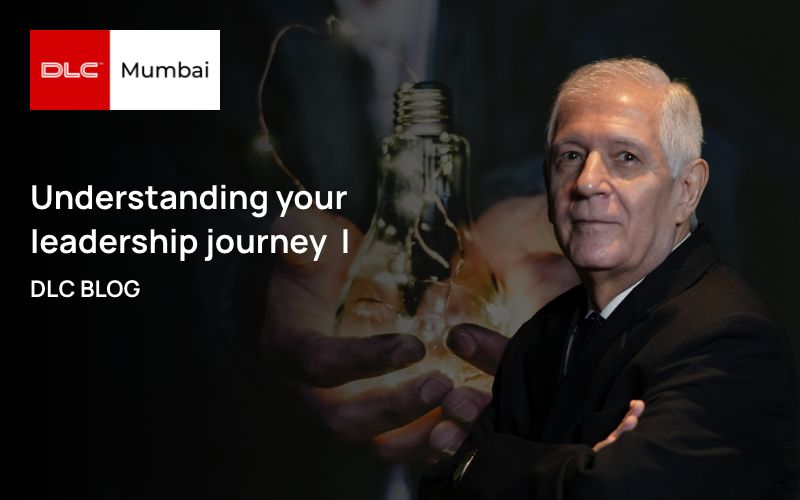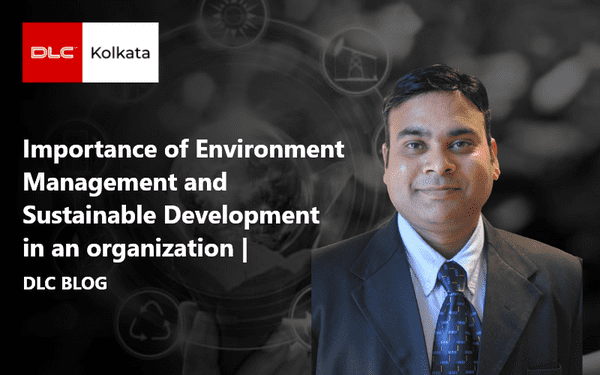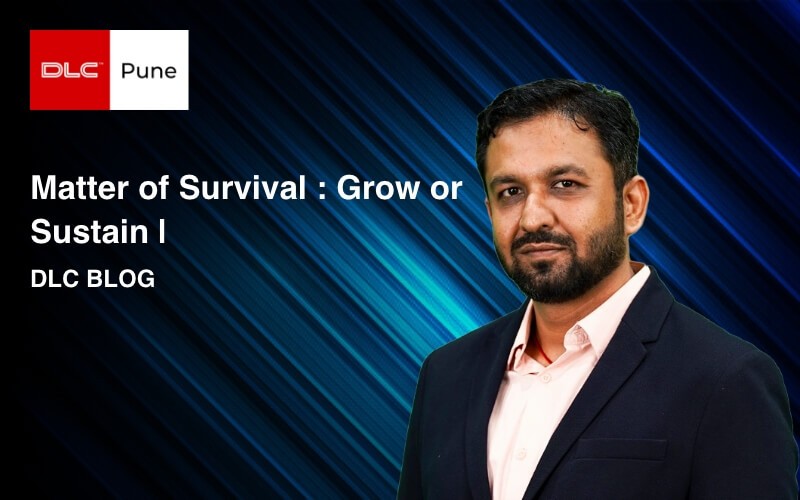
Hi, I’m Bomi Doctor, and am called in to organisations when people and strategies need a fresh perspective.
A lot has been said and taught about Leadership. A number of books have been written on Leadership. However, the practical skills required in the making of a good leader have evolved over time. In today’s world it is a lot different to say a couple of decades ago. Leadership today means caring, nurturing, mentoring on the one hand and loads of planning based on a Vision (the concept existed earlier, but now a leader’s vision has to encompass not only his company but also, his personal growth and that of his people.) As a leader it is your responsibility to help people achieve their potential in order that both you and the organisation achieve theirs.
Through the years I have observed the three-stage growth of a leader.
1. Starting with someone who has the potential to become a leader (the raw material)
2. The actual process of transitioning into a leader.
3. And finally, the establishment of the Authentic Leader.
Each stage requires certain basic character qualities, skill sets and attributes. The road to becoming an authentic leader is fraught with pit stops and hair pin bends, so only the very committed actually make it. Most don’t have the drive or gumption to pursue till the goal is achieved. The funny thing about leadership, the successful have realised, it’s not a fixed destination. As one reaches one goal another beckons.
Many so-called managers think that their role is that of a dictator, they try to coerce or even bribe people to work harder. They drive them forward by any means. But the true leaders will be sojourners with their team in order to achieve the common goal of the team and the organization.
One is not a leader or manager by his or her rank in an organisation. Therefore, the process of selecting a manager is vital as a person just being initiated into a leadership role requires a different set of skills compared to one who is already in that position, and set in his or her ways, for some time. Eg. What are the signs that a person can be an effective leader? When promoted, there is a sudden realization that this new position involves a new set of responsibilities, managing, directing, and being accountable. Why was this person chosen to be a team leader? The reasons have to be right. It can’t be because he’s the blue-eyed boy or girl of the boss. Or a relative who has always accepted whatever role is handed out. The reasons should be crystal clear to all who will be affected: the person first should have the aptitude for the role, is receptive to constructive criticism, adapts well to new situations, quickly take new responsibilities in their stride, approachable, cares about individuals in a team, open and not afraid to share knowledge, etc. That is the reason why a manager should be selected.
Such a leader will show empathy towards teammates, will care for them, be impartial, and will in all likelihood possess a vision which will help lead people by showing them the path to achieve that vision. People respond to better when they are aware of the medium-term goal, at the least.
Really what a potential leader does, is going through a transition at each stage. Some people make it quickly, some people a much longer time and most don’t make it at all.
Leadership cannot be taught, it has to be learnt, and it has to be experienced. (By watching other leaders perform) It is learnt not so much by listening but by observing what other leaders do, witnessing their successes, how they managed to achieve each goal, etc. You see, Leadership is a Choice. You must want to be a leader.
All good leaders are ethical in their dealings. This is one good characteristic that draws the most respect.
Here I would like to differentiate between a “leader” and an Authentic Leader. A Nominal leader is one by virtue of his/her position in the organization. For example, those working in and for the organisation that move up managers based on seniority, and number of years with the organisation. It's only at the higher echelons of the organisation that people are looked at for their “achievements”. This is terrible because the choice has to be made from a pool of mediocre “managers”. It's one of the reasons why management should look closely at the selection of managers at the very entry-level and all the way up. Never should they take their eyes off the selection process. Organisations that do so have authentic leaders by virtue of his/her success in leading people, approachable, successful outcomes in the past and general attitude towards people, of course, clarity of vision.
The real task of an authentic leader is to share the vision with his people in a manner that inspires and motivates them to work towards this vision. He or she needs to have confidence in his decision-making and takes calculated risks when the possible benefits outweigh the costs. Most of all let the buck stop with him/her when there is a failure, and failure is a reality, this will provide the team with
the confidence and stability needed. Such a leader will earn the trust and respect of, not just his team but the organisation as a whole.
He/she needs to adapt himself to changing conditions and be courageous. A leader takes on challenges bravely not because they do not have any fear but because they know how to manage their fears. That is why good leaders take the path less trodden.
Empathy is an integral quality and vital for building trust in a relationship. However, leaders can get bogged down with the nitty-gritty of processes and functioning and eventually lose interest in the job. Leaders must learn to step outside of these emotions to get the bigger picture - everything needs to be kept in perspective.
The most important for a leader is being optimistic/positive in his approach to everything, which includes handling problems. However, a leader’s underlying objective should be to create more leaders under him, to recalibrate his or her leadership goal post.
The biggest challenge faced by many in the industry today is a dearth of Authentic Leaders.
In this new era, post covid, a leader needs to keep in touch with his people, no matter where they are. Therefore, technology plays a very important role in this. A leader now has easy access to his people no matter where they are. Digitization helps him take quick decisions and pass them on to his people. In this scenario, those leaders who can spread the word very fast will come out on top. So, leaders should use technology to its fullest if they want to beat the competition. But the use of technology must never be used in place of the human touch, we have learnt
what effects that has had in the service sector… Technology replaces nothing or no one, however it does make processes more efficient and elevates man to a more cerebral role in the industry. Authentic leaders are the need of the hour. The sooner industry realises that the better, some have, but for others, there are miles to go.
Bomi Doctor
Owner
Koncept Marketing Consultants
Leadership & Transformation Committee
Mumbai Chapter
Bomi has been involved in Sales and Marketing, across various industry types, both national and internationally, in countries such as Malaysia, Singapore, Indonesia, Hong Kong, Middle East and even China and East Africa. His Company “Koncept Marketing Consultants”, addresses Attitudinal issues, Conflict Resolution, Mentoring, Decision Making, Team Building, Leadership and Executive Excellence for senior level professionals
Want to connect ?





































































